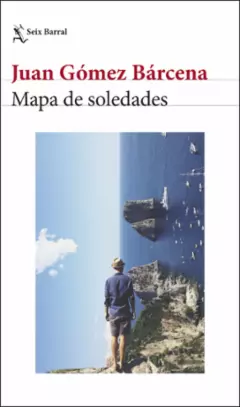Breathturn into Timestead

Breathturn into Timestead
Pròleg: Pierre Joris
Traducció: Pierre Joris
Editorial: Farrar, Strauss and Giroux
Pàgines: 640
Any: 2004
EAN: 9780374125981
Sense existències ara
Rep-lo a casa en 2 / 3 dies per Missatger o Eco Enviament*Sobre el libro Breathturn into Timestead de Paul Celan publicado por Farrar, Strauss and Giroux al 2004:
Paul Celan, one of the greatest German-language poets of the twentieth century, created brilliant works of pure musicality and striking imagery in tension with the haunting memories of his life as a Romanian Jew during the Holocaust. Breathturn into Timestead: The Collected Later Poetry gathers the five final volumes of his life’s work in a bilingual edition, translated and with commentary by the award-winning poet and translator Pierre Joris.Breathturn into Timestead reveals a poet undergoing one of the most profound artistic reinventions of the twentieth century, creating a poetry grounded in his painful personal history and the ravages of postwar Europe.
Altres llibres de Paul Celan
El llibre Breathturn into Timestead de Paul Celan pertany a la matèria
Veure altres ressenyes de Poesia Moderna i Contemporània
Ressenya
Ana Blandiana
El sueño dentro del sueño y otros poemas
El sueño dentro del sueño es un tratado sobre el soñar, a poder ser sin medicación, para, ya despiertos, trasladar ese «grito luminoso a lo material», al día eterno en el que tratamos de h...

Ressenya
Bibiana Collado Cabrera
Chispitas de carne
Chispitas de carne es una alabanza a otro tipo de educación sentimental a la que quizá y por desgracia, no estamos acostumbradas.

Ressenya
Juan Gómez Bárcena
Mapa de soledades
Imagino a Juan paseando por Buenos Aires, esperando ansioso la llamada de Roque Larraquy. Desgreñado, las manos en los bolsillos y algo encorvado, pero no de miedo sino de soledad, preguntándose c...

Ressenya
Sven Holm
Termush
Cada època té les seves pors, però una promesa continua sent present: si pago més em salvo. En un lloc sense definir ꟷpero de difícil accésꟷ s'erigeix l'hotel Termush, un encantador i complet allot...























